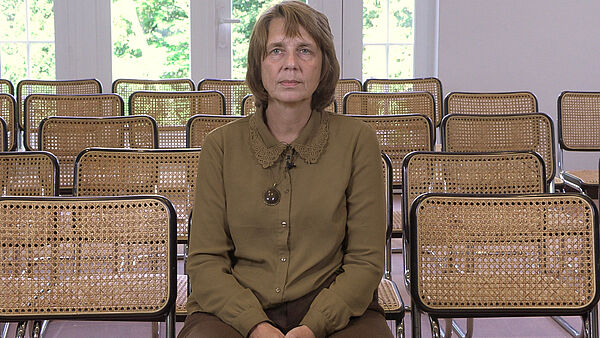
Marlies Glasius, PhD
Professor of International Relations
Universität Amsterdam
Born in 1969 in Haarlemmermeer, Netherlands
MA in English Language and Literature and MA in International Law, University of Amsterdam; PhD, Netherlands School of Human Rights Research, University of Utrecht
Arbeitsvorhaben
The Tax Politics of the Super-Rich
Taxing the super-rich—individuals with assets worth $50 million or more—presents problems. While their wealth kept rising, wealth-based taxation de¬clined and super-rich tax avoidance flourished. The super-rich are now under pressure, as wealth-based taxation is gaining salience in political debates and international tax cooperation compromises tax avoidance. But in research on the problem of wealth-based taxation, the views and actions of the super-rich themselves have been curiously absent. This project’s guiding question is: When and how do the super-rich deploy their resources against or for wealth-based taxation?Sub-project 1 uses my recently compiled dataset on the tax politics of the world’s 100 richest billionaires living in democracies to examine change over time in their tax speech and tax behaviour, and to consider whether billionaire tax behaviour is responsive to media shaming and/or to punitive sanctions. Sub-project 2 examines the minority of the super-rich who advocate for more wealth-based taxation, to understand what motivates them and how effective their brand of activism is. Sub-project 3 relates billionaire tax behaviour to their philanthropic endeavours.
Recommended Reading
Glasius, Marlies. The International Criminal Court: A Global Civil Society Achievement. Routledge, 2006.
Glasius, Marlies, and Armine Ishkanian. “Surreptitious Symbiosis: Engagement between Activists and NGOs.” Voluntas 26, no. 6 (2015): 2620–2644.
Glasius, Marlies. Authoritarian Practices in a Global Age. Oxford University Press, 2023.
Kolloquium, 21.10.2025
Billionaires and Wealth-Based Taxation: What They Say and What They Do
In recent decades, while the wealth of the super-rich kept rising, wealth-based taxation declined and super-rich tax avoidance flourished. Since the global financial crisis, taxing the super-rich has gained salience in political debates, and international tax cooperation, information exchange, and data leaks have compromised tax avoidance. But little is yet known on how the super-rich are responding to the increased appetite to tax their wealth.
I will be presenting a new dataset on the wealth-tax responses of the hundred richest billionaires in democracies. It considers their discursive and material responses to wealth-based taxation over the past three decades. It uses open sources including business journalism, investigative journalism, offshore leaks, and information that flows from reporting requirements; and it translates this into a systematic format for social science analysis. On the discursive level, I will discuss shifts in the extent and nature of billionaire speech about wealth taxation. Billionaires now speak much more often, but not more sympathetically, about wealth-based taxation.
On the material side, I will present a taxonomy of tax avoidance to illustrate and demystify the forms tax avoidance and evasion can take. Our data suggest that billionaires are shifting away from the use of tax havens to other transnational or domestic forms of tax minimization, but not to greater compliance. I will end by contextualizing the project and its preliminary findings as part of a broader research agenda.
Publikationen aus der Fellowbibliothek
Glasius, Marlies (Dordrecht [u.a.], 2014)
Surreptitious symbiosis : engagement between activists and NGOs
